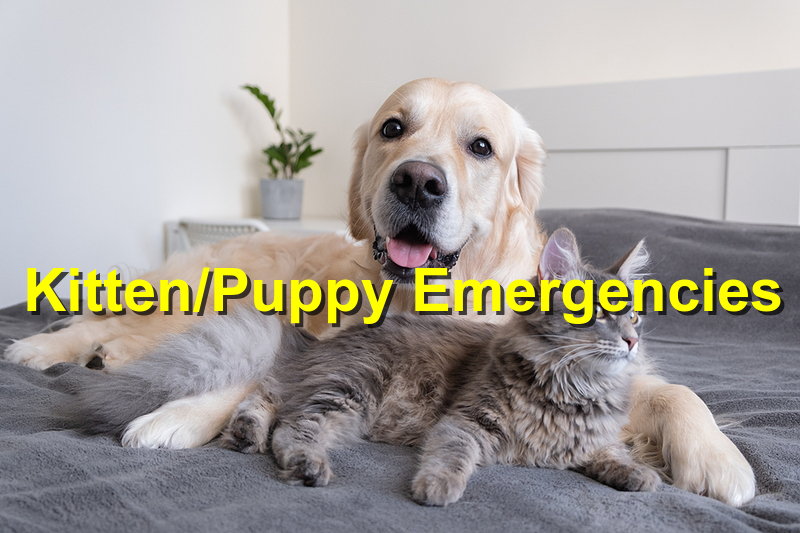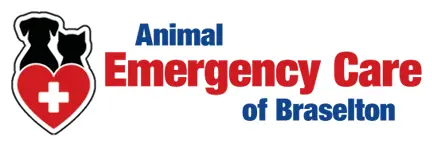Say you have just adopted a new kitten or puppy in your household. Did you know that there’s a whole world of common emergencies that you should be aware of if you hope to avert hefty veterinary bills or even the loss of your new friend? And considering that kittens and puppies are especially prone to ill health, this should be of ultimate importance.
Recognize the Signs of Sudden Illness
Sudden illness is usually an emergency for kittens and puppies considering that this a group plagued by very immunities or lack the requisite antibodies to defend themselves against illness-causing organisms. What’s more, they are more likely to succumb easily to new strains of infections compared to older animals.
Persistent Diarrhoea is a Sure-fire Sign of Kitten/Puppy Emergency
While diarrhea may not be a big cause of concern if it happens occasionally, you could have a whole world of trouble in your hands if it is persistent enough to last more than a day. You see, while older pets could recover from a severe bout of diarrhea without their health taking a hit, kittens and puppies may not be able to severe a drawn-out battle with loose stool.
Accidental Injury
Accidental injury, whether it is from falling down a flight of stairs or an attack by another animal, should always be considered an emergency. It is likely that your new furry pet requires veterinary assistance to recuperate from its injuries as fast as possible without it leaving behind a lasting physical impairment.
Unabating Fever
An unrelenting fever is one of the most recognizable signs that something is seriously wrong with your pet. Kittens and puppies are especially known to run a high fever whenever they are battling complicated infections. Thus, you shouldn’t take long before rushing them to the vet’s clinic for a quick checkup.
Upper Respiratory Infection
Last but not least, if your kitten or puppy is showing clear signs of an upper respiratory infection, then you should take it as a sign that they need urgent veterinary assistance. Speaking of which, this includes the usual culprits such as sneezing, coughing, runny eyes, difficulty breathing, runny nose, and wheezing.
In Conclusion
As much as most of these common signs of emergency are usually life-threatening if left unattended, they can be resolved easily if you take the initiative to rush your pet to the vet’s clinic as soon as possible.
References: VetEmergencyGroup, MsDevManual





